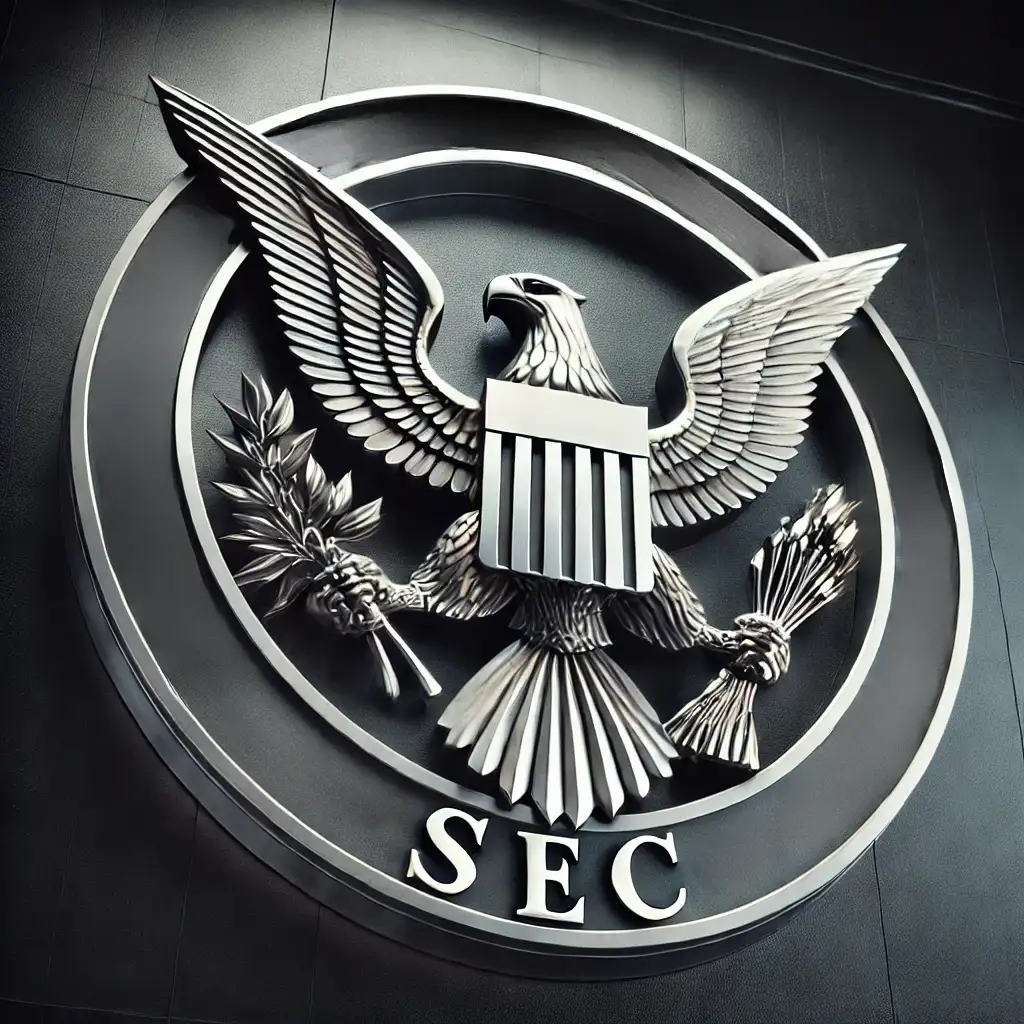The Coinbase-SEC Subpoena Showdown
The SEC has petitioned a New York court to block Coinbase's sweeping subpoena, arguing that it is overly broad and burdensome. The outcome of this case could have significant implications for the future of cryptocurrency regulation in the U.S. #SECBattle #Coinbase #CryptoRegulation

In a heated legal battle, the U.S. Securities and Exchange Commission (SEC) has requested a New York court to block what it describes as a "breathtakingly broad" subpoena from cryptocurrency exchange Coinbase. This move is the latest escalation in the ongoing conflict between regulatory authorities and the burgeoning crypto industry.
Background: The SEC-Coinbase Standoff
Coinbase, one of the largest cryptocurrency exchanges in the United States, has been at odds with the SEC over the regulatory status of its operations. The SEC, in its usual fashion of expanding its reach, argues that certain digital assets traded on Coinbase might be considered securities, which would bring them under the purview of federal securities laws. Coinbase, however, maintains that the SEC's actions are overreaching and stifling innovation.
The Subpoena Request
The subpoena in question demands extensive documentation from the SEC, covering a wide range of internal communications and decision-making processes related to cryptocurrency regulations. Coinbase asserts that these documents are essential to defend itself against what it perceives as an unjust and arbitrary crackdown by the SEC.

SEC’s Response: A Pushback Against Overreach Claims
The SEC's response has been to label the subpoena as excessively broad and burdensome, potentially setting a precedent that could weaken the agency's regulatory capabilities. The federal agency, often criticized for its overzealous enforcement actions, argues that Coinbase’s demands would "divert resources and impede ongoing investigations."
Implications for the Crypto Industry
The outcome of this legal battle could have far-reaching implications for the cryptocurrency sector. A decision in favor of Coinbase might embolden other crypto companies to challenge the SEC's authority, potentially leading to a more defined regulatory framework. On the other hand, if the court sides with the SEC, it could signal a tightening of regulatory controls over digital assets, further complicating the operations of cryptocurrency exchanges.
As this case unfolds, it serves as a critical moment for the future of cryptocurrency regulation in the United States, highlighting the ongoing struggle between innovation and federal oversight.




